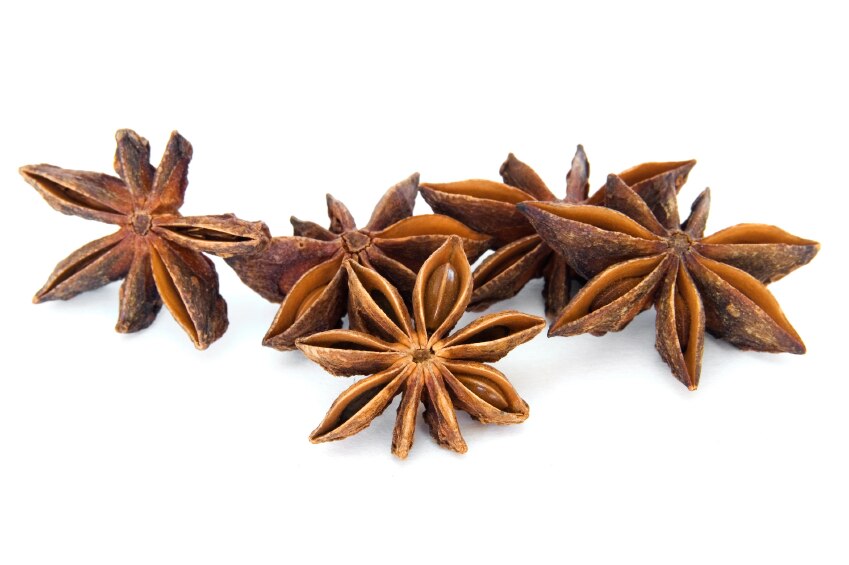It is an old tradition in my family to make anise cookies every year at Christmastime. They have a very distinctive taste, similar to black licorice. Europeans use anise in cakes, cookies, and sweet breads. In the Middle East and India, it is used in soups and stews.
The anise plant is native only to Egypt and the Mediterranean region. Ancient Greeks believed it was a powerful aphrodisiac. The Romans used anise seed oil as early as the 7th century as a digestive aid, an expectorant and to eliminate bad breath. Presently, anise is cultivated in almost every region of the world and can be found in teas, aromatic oils, cooking extracts and in crushed/whole seed form.
Anise seeds contain B complex (B1, B2), C, calcium, phosphorus, potassium, sulphur, iron and aromatic essences. Anise seed oil is commonly used in aromatherapy; it is believed to promote feelings of peacefulness and relaxation. Anise teas are believed to support healthy digestive and respiratory functioning, as well as help relieve minor and occasional gas and bloating.

